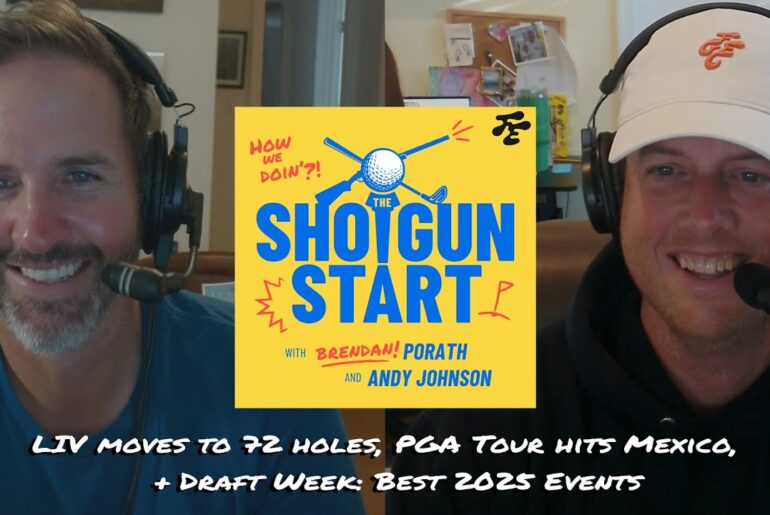Brandt Snedeker joins Adam Scully to preview the 2026 U.S. Presidents Cup at Medinah Country Club and his role as Team USA Captain. He shares what he learned as a Vice Captain at the Ryder Cup and at the Presidents Cup at Royal Montreal, reflects on playing for U.S. teams in the past, and outlines the kind of leader and captain he plans to be.
Snedeker also discusses the type of roster he expects for 2026, the qualities he values in pairings, and how Team USA can prepare for success at Medinah.
👍 If you enjoy insider conversations with the game’s biggest names, hit Like and Subscribe for more interviews, analysis, and Presidents Cup updates.
🔗 Watch the full interview: https://youtu.be/0WHgzq8if6E
#PresidentsCup #BrandtSnedeker #Medinah #TeamUSA #PGATour #Golf #AdamScully #GolfInterview
Now joining us, the captain of team USA for the 2026 President’s Cup, Brandt Sneder. Brandt, I can only imagine how excited you are right now for the President’s Cup next year. Yes, you know, the juice is definitely flowing. You know, we’re a year out, just under a year out now. So really excited about what this team’s going to look like, what this golf course is going to look like, and and what these fans are going to look like. So, you know, these team events are so special, and to be a part of one, to be a captain of one is something kind of a lifelong dream of mine coming true. So, um, the reality situation kind of hit me the last couple days and now, you know, all the hard work starts. So, looking forward to kind of getting after it. Absolutely. Now, you’ve been in these team rooms as a player, of course, as a vice captain as well a couple of times. What kind of captain do you expect yourself to be? You know, that’s a great question. I don’t think you really know until you get in those team rooms and start being it. I think that the biggest thing I’ve learned from all my time of being on teams and being around great captains and understanding what it looks like is you have to be true to yourself. You have to be who you are. You can’t put on a show and you can’t be somebody you’re not. And so you gota kind of have be fully aware of your strengths and your weaknesses and try to surround yourself with the great people who can help you kind of minimize your weaknesses and then lean into what you do well. And so hopefully the guys know I’m gonna work my tail off for them. Do everything possible for them to get put them in a suh position to be successful. I’m gonna care about them. I’m gonna turn over every stone possible, make sure this golf course set up and the all the little things that guys care about the week are taken care of. So when they get here, they can just really enjoy enjoy themselves, have a great week, hit some great golf shots, and have a lot of fun. We got to talk a little about Beth Paige Black a couple of weeks back at the RDER Cup. Certainly a wild week in so many different ways. the US coming up just short in the end. But what was your overall experience like at the Ryder Cup? Yeah, it was really an unbelievable week. You know, it’s uh those RDER Cups and and President Cup teams are so special and to have one at Beth Page Black in New York was was was doubly special. It’s kind of crazy and um you know, I was really proud of how the guys really fought on Sunday. You know, that was a tough week for us. You know, sometimes you can do all the hard work and do everything possible and the other team just makes more putts and plays better than you do. the first two days they, you know, haven’t seen a team putt that well, I don’t think ever. And it was fun to watch. Sucked for us being on the American side, but you know, when you see great golf, sometimes you just tip your cap and kind of move on. And, you know, I thought the guys did a great job of turning the page Saturday night. I thought Keegan did a great job of kind of did some great messaging with the guys on on what Sunday could look like and what we were expecting of them and how they went out there and competed for each other and for their for their country and for the team. And I thought it was really special and showed the true heart of the guys and and and um you know I was just really proud of them the way they’re able to respond to that because not a lot of people would put up that kind of fight. It was it was a tough definitely tough first couple days and to see them almost pull off probably the biggest the biggest comeback in Ryder Cup history was pretty special. Not only Rder Cup history, sports history maybe. It was so close there near the end. When you look at team Europe, they had 11 returning players from last time around in Rome and Team USA had four rookies. Brent, when you look ahead to next year at the President’s Cup, what kind of roster turnaround do you anticipate having from the RDER Cup team that just played last month? Yeah, I think there’s always some roster turnover. I think that the European team this last year is probably an anomaly to have, you know, 11 of the 12 guys and the 12th guy being a twin brother of of the other ones. So, I don’t think we’re likely to see that ever again in history of these teams. You know, we’ll obviously have some of the same core guys back and some of some of our better players back, but you know, these teams always shake up every year. They always change. And so you got to be able to change with them. You know, you got to be able to kind of connect with whoever’s going to be playing the right, you know, the the great kind of style of golf we’re going to need here and the kind of golf you want. And so, um, you know, just part of being out here, uh, being a captain is making sure you spend time with all those guys and get to know them and understand who they are and what their needs are and build those relationships so that when you do ask them to do something or you tell them to do something, they understand where it’s coming from and understand who you are and why you’re doing it. So, um, it’s going to be super important next year to spend a lot of time out there with the guys and get to know them and understand that like, you know, every team’s going to be a little bit different. I’m sure I’d love to take the same 12 guys we had at the Ryder Cup and go play the international team next fall, but in all likelihood, it’s probably going to be a little bit different. So, um, just being willing to kind of adjust on the fly as part of it. You mentioned getting out and playing next year. You still had a full schedule this year, 21 events played. What do you anticipate your schedule looking like next year, both from a playing perspective and maybe going out and scouting and talking to some guys who maybe you don’t know as well? Yeah, I still think I’m going to play a pretty full schedule. I think the best way to spend time with these guys is to be out there competing with them and competing against them and being able to kind of understand what they’re going through and and see like, you know, their typical tournament weeks and how they’re prepping and play practice rounds with them. And you know, a lot of times you get the most honest feedback from these guys when you’re sitting in a locker room or you’re sitting in a, you know, the workout trailer before a round and you start just, you know, just start talking and and kind of, you know, connecting with these guys in different ways. I think that’s super important and something you can’t really manufacture if you just come in and try to have a dinner or something like that. So plan to be on the road a lot with the guys next year kind of spending time with them and um making sure they understand that, you know, I’m here for them. I’m my my text away, a phone call away from anything they need and they can always reach out to me for anything. And when you look at the format of the President’s Cup, obviously Foresomes or alternate shot is critical. And in the past couple of cups, Team USA has struggled a little bit in forsomes. What kind of strategies, Brandt, could you implement to try to switch that? Because, as we both know, Forsoms, it’s just a tough format. It is tough. You know, I think I think the you the one thing I’ve learned from Forsomes over the years of watching these guys play is relationships is huge. you know, maybe not so much the golf ball and playing different golf balls, but guys that feel comfortable with each other tend to play better. And I think you see team Europe does a great job of that. Feel like we have some pairings that are always pretty strong that we know these guys play well together, they’re comfortable with each other. So trying to find these other guys, you know, partners where they feel that same kind of level of comfort where they know they go out there and if they hit a bad shot, the other guys can pick them up and lift them up and keep going on. So, I think that’s super important and those relationships are super important for those those especially those alternate shot pairings because they’re that’s a very stressful um tough format puts a lot of stress on each individual because when you hit a poor shot, you’re letting two people down, not just one. And so, um you know, having those tight relationships and those guys feel comfortable with each other is super important. You’ve been a vice captain at a President’s Cup, at a Ryder Cup. Do you have a short list of vice captains or captain’s assistants that you’d want by your side next year? I have I have a list. I don’t know how short it is. You know, list for sure. Luckily, I don’t have to make that decision right now. And I got some time to kind of flesh it out, but um you know, there’s obviously, you know, we’re blessed on this USA side to have a a great history of captains and vice captains that came before me that I’m going to lean on whether they’re in a in a advisory role to me as a vice captain or somebody I can just call and reach out to and ask for their advice. So, we have a long list of guys who’ve done a great job in these things. And so, I’m going to lean on them as much as possible and then help kind of round out my roster with where my holes are as a as a human being and as a captain. I realize my strengths and weaknesses and trying to find vice captains that can kind of hide my weaknesses is is going to be something that that uh I’m going to look look strongly at, but also have guys that can kind of fill certain roles for sure. And in closing here, Brandt, you were a vice captain uh in Montreal at the President’s Cup. you are vice captain with team USA at the RDER Cup just last month. What kind of lessons can you take from those experiences to apply next year as a captain? I think you take, you know, those team rooms are super important. You know, I think that the teams that play the best that that are are really tight that that they trust each other. They realize the captains have done everything they possibly can to make them be put them in a position to be successful. So, like building those relationships, building that camaraderie within the team is super important. That way when you do hit adversity or something doesn’t go right, all the guys rally around each other and don’t start, you know, dividing up and kind of coming after everybody. So I think those are super important is making sure that team room’s really tight. The guys trust each other that they can lean on each other and that’s the one thing I think in these team competitions that’s kind of underrated is, you know, the closer teams typically stay together, they play better and the when the pressure gets on them, the stress gets down, they seem to rise to the occasion. So, um, that’s going to be my main goal and focus is making sure these 12 guys come together and form as one. And, you know, it’s going to be a we not me a we not me week. You know, that whole week is is about our collective good, not necessarily me individually. So, just trying to make sure we get that that across to the guys. The countdown is on for the 2026 President’s Cup. Team USA captain Brandt Snediger. Thanks so much for your time today, Brandt. All the best here going forward. Yeah, thank you. I appreciate it.

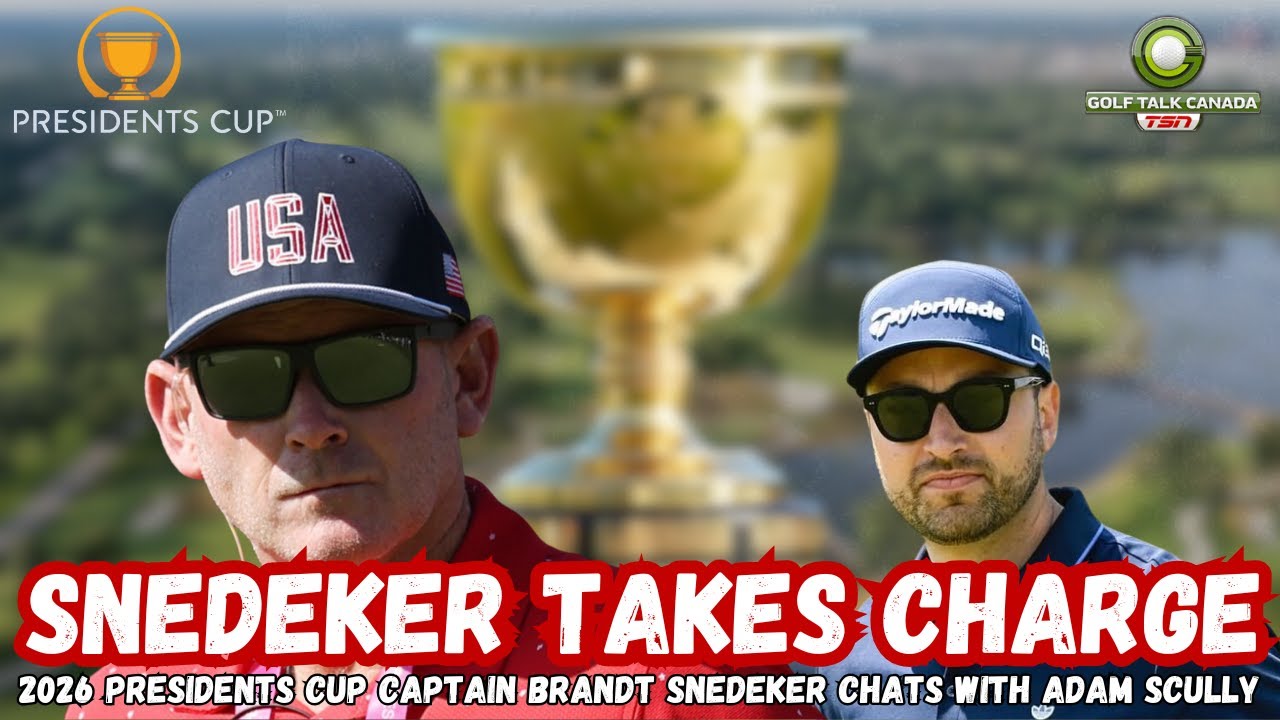
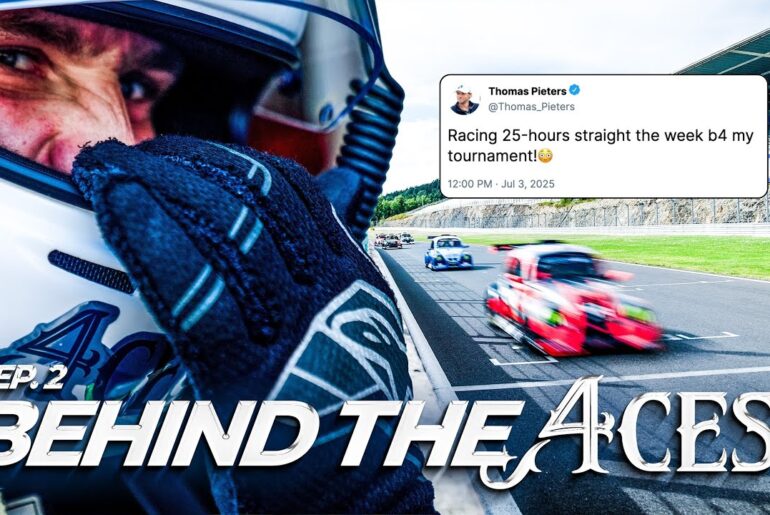
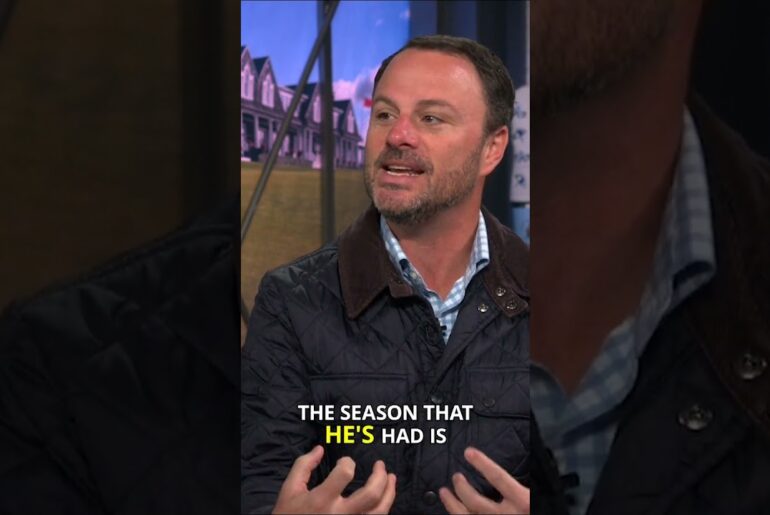
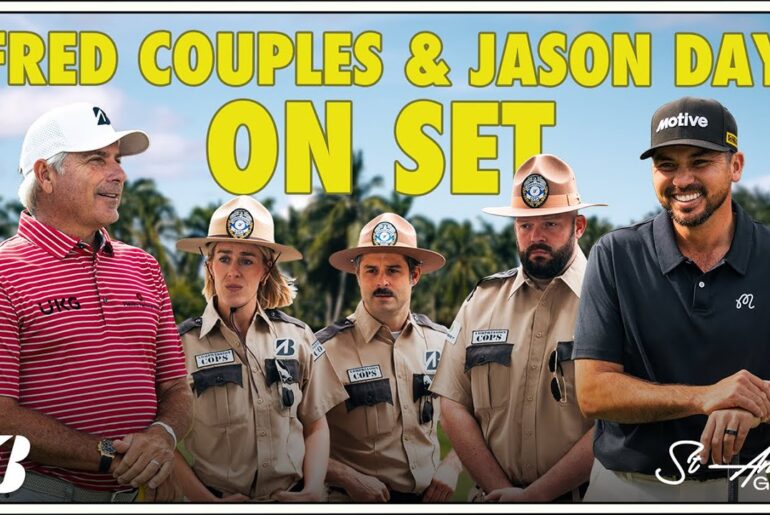
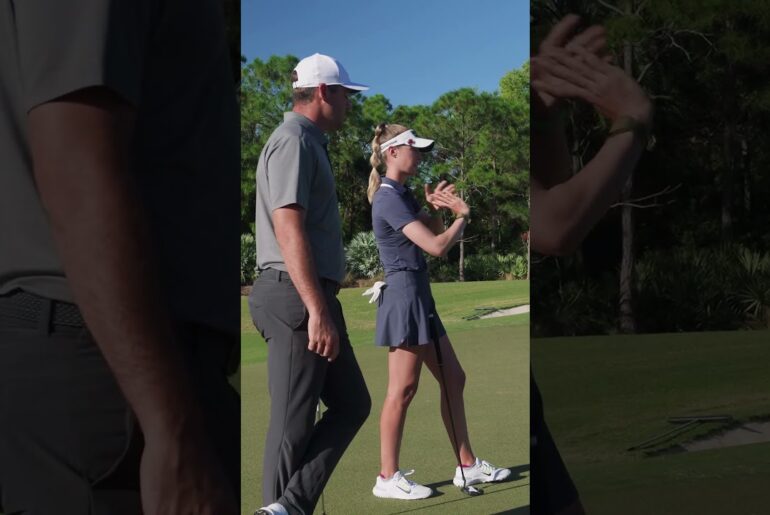
![[4K] 6명이 된 ‘국가대표 이글스’ 이들을 위한 구단주의 선물 그리고 여권 놓고 간 최재훈 [4K] 6명이 된 ‘국가대표 이글스’ 이들을 위한 구단주의 선물 그리고 여권 놓고 간 최재훈](https://www.fogolf.com/wp-content/uploads/2025/11/1762379049_maxresdefault-770x515.jpg)
